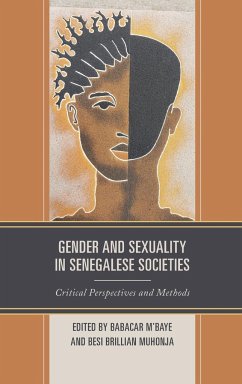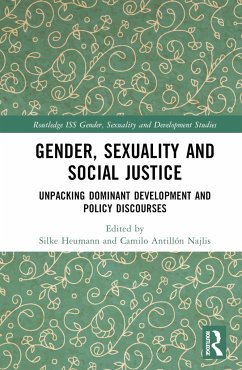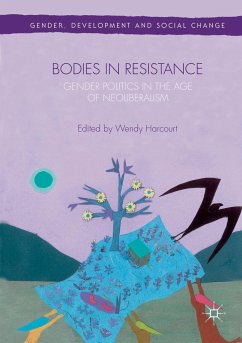
Gender and Sexuality in India
Selling Sex in Chennai
Versandkostenfrei!
Versandfertig in 1-2 Wochen
185,99 €
inkl. MwSt.
Weitere Ausgaben:

PAYBACK Punkte
93 °P sammeln!
This book offers a detailed analysis of the experiences of sex workers in India. Based on ethnographic fieldwork, the book describes the lives of sex workers, drawing out themes of agency; notions of gender and sexuality; and women's engagement with the HIV 'industry'. The analysis provides a novel critique of the medicalised focus of HIV prevention and suggests alternative discourses on women's sexuality, sexual behaviour and desire.














